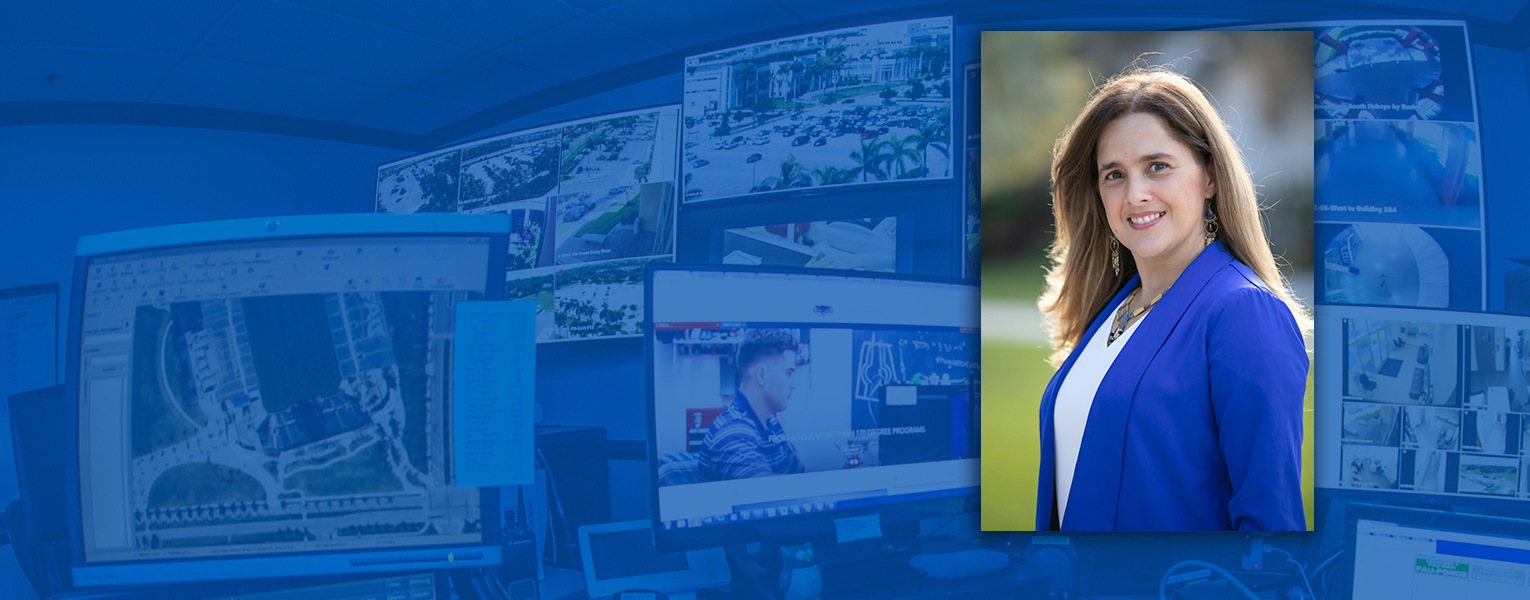
8/25/2022
New Justice Decisionmaking - Simulation Lab
Faculty in FAU’s School of Criminology and Criminal Justice in the College of Social Work and Criminal Justice are collaborating to build FAU’s new Justice Decision-Making Simulation Lab (SimLab), which uses software to train law enforcement officers in incidentresponse techniques.
The SimLab’s forthcoming educational programs will expose students to law enforcement decision-making in real time using nearly 700 real-life interactive scenarios to improve their understanding of decisionmaking, de-escalation techniques and effective approaches to law enforcement training.
Here’s a look at what the new SimLab will offer:
- Training programs that will focus on communication and de-escalation skills, and assess split-second decision making.
- Research activities to better understand de-escalation techniques and the relationship between decision-making and biometrics (heart rate, blood pressure, etc.).
- Educational and engagement programming that helps improve interactions between first responders and individuals in the community.
- Increased awareness and understanding between education professionals and law enforcement to enhance student and school safety, and opportunities to explore careers in law enforcement.
Training and research are already underway with students actively cataloging and coding scenarios to better inform the content used in SimLab programming. In addition to the FAU Police Department and the FAU Center for Autism and Related Disabilities, SimLab faculty also are connecting with interdisciplinary researchers and community experts to develop continuing education and research programs focused on the lab’s capabilities.
“The simulator is state-of-the-art equipment that has a tremendous capability to enhance law enforcement training,” said Naelys Luna, Ph.D., dean of the College of Social Work and Criminal Justice. “The potential it represents in terms of training, research and education — those outputs could eventually help inform community safety protocols, optimize training procedures for our students and for law enforcement personnel, and lead to much-needed healing in our nation’s police-community relations.”
If you would like more information, please contact us at dorcommunications@fau.edu.
